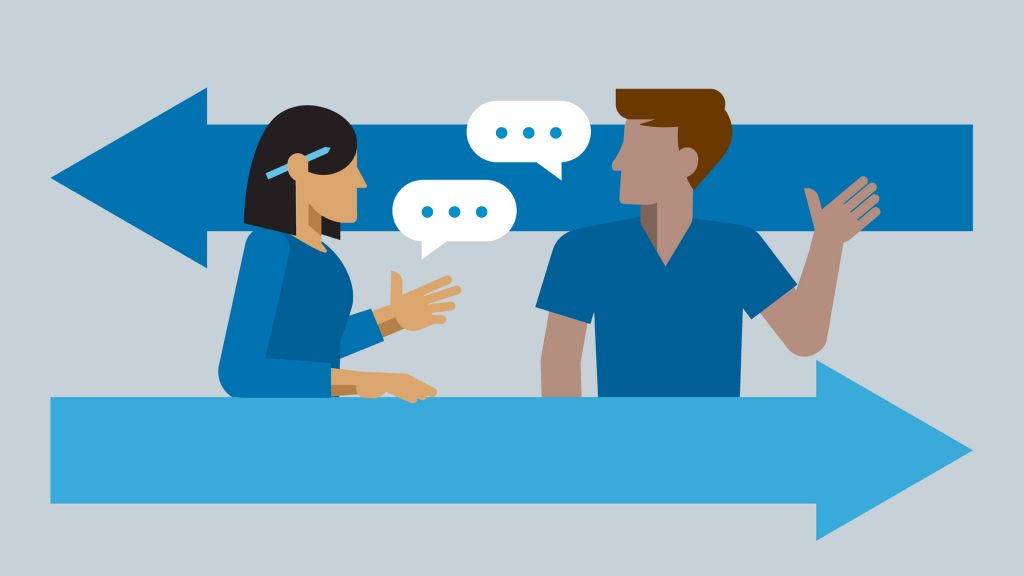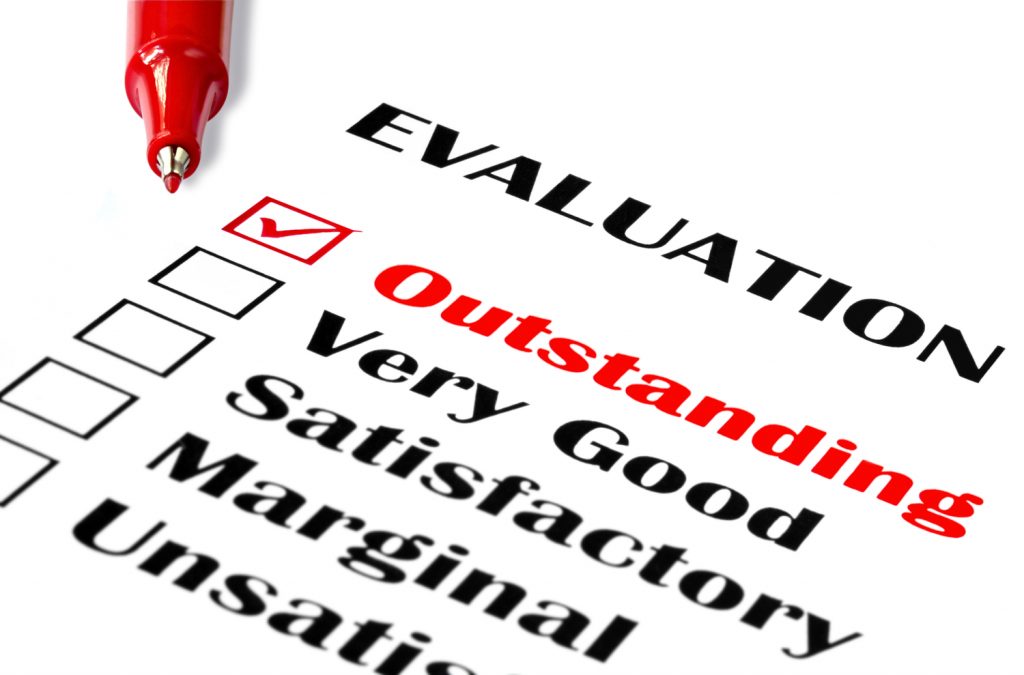Criticism is around the corner, wherever you go. Not only strangers, but even your loved ones will not hesitate to criticize you in dire situations. Whether it is in your community, workplace or home, you will be criticized in many different ways. It is ultimately unavoidable and you will likely face it wherever you go. Managing criticism is therefore a useful life skill to have when you are stuck in this particular situation.
Here are 7 different ways to handle criticism:
Differentiate between constructive criticism and rude insults

As hurtful as criticism may be, it can be useful feedback. The most important thing is to listen carefully and determine the nature of the criticism. Ask yourself these 3 questions:
- Is it coming from a positive place?
- Can this be considered constructive feedback?
- Is it downright insulting?
These questions will help you determine your response to the critic. If it comes from a positive place, then take it as constructive feedback. However, if it’s insulting or if it attacks you on a personal level, then the best option is to just ignore it.
Don’t take it personally

Criticism can seem very harsh to some people, as it can lower your self-esteem. Getting bad results does not mean that it is a part of who you are. Realize the fact that despite the setback, you are still very much capable and valued. It is how you deal with the problem and your actions that speak volumes about who you are. Instead, try to find out the possible reasons why you failed this time and fix it the next time.
Take some time off and distance yourself

Often when something shocking happens to us, we react immediately according to our emotions, as a knee jerk. In the event of being criticized, try to remember that it isn’t directed at you. If it’s too much for your emotions to handle, do not react that that moment. Stepping back ensures that you are keeping an adequate distance between you and the speaker and minimized the chances of you doing something you might regret.
Respond, not react
After distancing yourself, you may be doing any of these things. First, try to process your emotions. Walk around and think logically about the criticism that was given to you. Forming a thought process is crucial to holding back the negative emotions that is bothering you. Think about what your opinions are and return to the conversation with the solution in mind. Second, try to think of it in third person.
- If your friend were to experience this, what would you say to them?
- Would you advise them to ignore the criticism or accept the criticism as a way to improve in the future?
- Rather than focusing on your emotions, you will be much more objective in deciding and making judgments.
Believe in yourself

Staying true to yourself can be difficult when the world around you is pointing out each flaw. But staying true to your personality will strengthen you, as what others say will carry less weight. Understanding yourself helps you discern whether criticism from others are true or so odd it’s not worth thinking about.
Show positive attitude

In one’s life, criticism is most often seen as a negative experience. Having this frame of mind can make the experience much more horrifying than it’s intended to be. On the other hand, reacting positively to criticism helps you manage it more positively without the added emotional baggage. Reacting to criticism positively demonstrates that you can take feedback seriously and is keen to improve when you can. Additionally, you can show good character by smiling and thanking the critic earnestly.
Ask for Feedback

If you have decided that the criticism is valid and would improve yourself for the better, then you can take steps to accept and apply it in your life. As hard as it is, believe that taking these steps will make your life better in the long run. Asking for regular feedback sessions will help you immensely in your journey towards change.
Criticism is hard to take in because it usually causes loss of self-esteem, distracts your focus and makes you self-doubt your own decisions. Which is why many people usually feel demotivated to improve, react emotionally, become defensive and can even stonewall those who criticize them. All of these reactions combine into a truly negative experience for those involved. Finding ways to manage it eases tension and helps you improve yourself-whether it is how to deal with criticism or taking in criticism.
Which tip seems the most interesting to you? Do you have any other method to deal with criticism? Share your answer in the comments section below!





